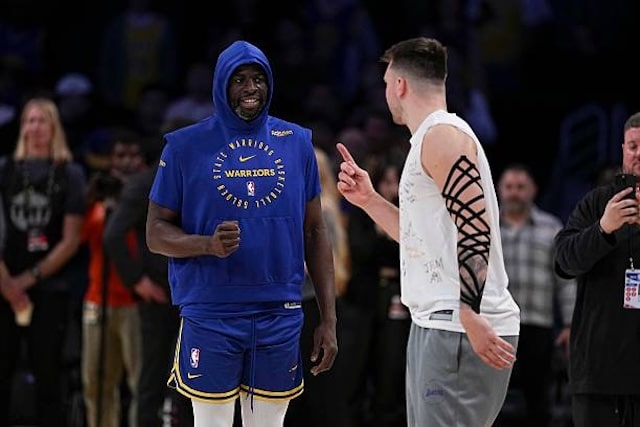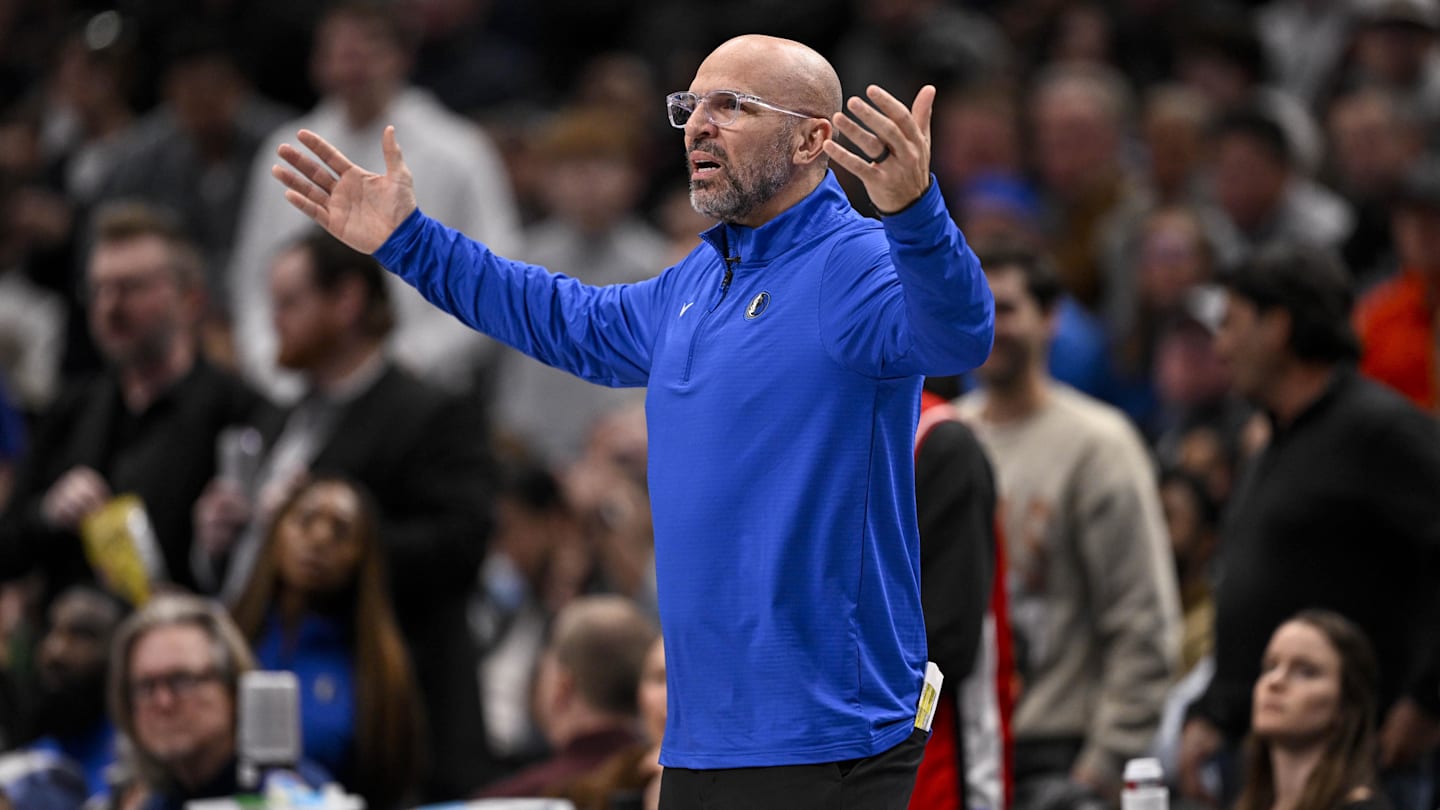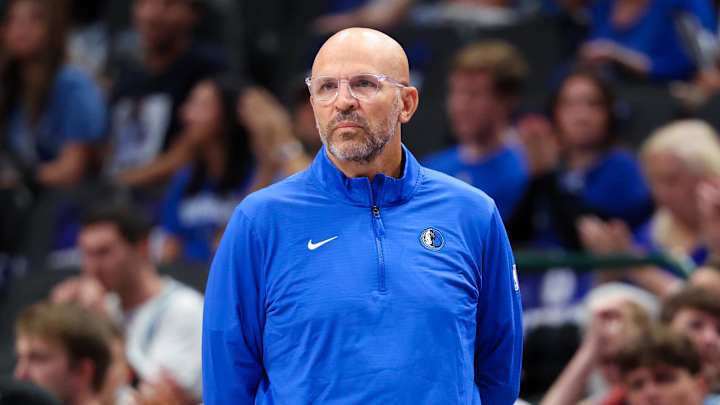Did Mark Cuban Get Rich by 'Scamming' Other Billionaires? | GOBankingRates

Brad Barket / Getty Images
GOBankingRates' editorial team is committed to bringing you unbiased reviews and information. We use data-driven methodologies to evaluate financial products and services - our reviews and ratings are not influenced by advertisers. You can read more about our editorial guidelines and our products and services review methodology.

Helping You Live Richer

by Experts

Millions of Readers
Mark Cuban has offered business advice to millions of people through his “Shark Tank” appearances and has a partial stake in the Dallas Mavericks. However, some people — especially on Reddit — questioned his path to wealth, accusing the billionaire of scamming people to achieve his fortune.
Cuban’s initial riches didn’t come from “Shark Tank” or owning a basketball team. You need a lot of money to have those types of opportunities. The entrepreneur’s big payday came in 1999 when Yahoo acquired his internet radio startup Broadcast.com for $5.7 billion.
The startup went out of business in just three years, but Cuban already made his money. It’s regarded as one of the worst internet acquisitions during the dot-com bubble and some people view it as Cuban scamming people on the way to success. Although Broadcast.com didn’t live up to its price tag, it’s hard to call it a scam — below is some important context to keep in mind.
Also here’s more on how Cuban became a billionaire.
Cuban knew that his startup and most of the dot-com companies were overpriced. That’s part of the reason he was eager to sell his company to Yahoo for $5.7 billion. Yahoo was making acquisitions left and right and lost a lot of money on a lot of deals. Broadcast.com just happens to be a stand-out that is connected with Cuban.
It’s similar to when an investor sells a stock before it drops by 80%. It’s not a scam, but the investor wanted to part ways with an asset before it lost significant value. Cuban knew this risk and used options to hedge his position in Yahoo stock. He received $1.4 billion in shares that he couldn’t sell right away, so he bought Yahoo stock puts and sold calls leading up to the crash.
Furthermore, Broadcast.com was only started in 1995, so a $5.7 billion selling price is phenomenal after just two years of work. Financial markets rarely present those types of opportunities and Cuban was quick to pounce on it.
It’s not like Cuban forced Yahoo to buy his company for $5.7 billion. The company’s executives had plenty of time to conduct due diligence and if they rushed the process, then that’s on them. Not every business investment pans out and doing some due diligence can minimize the chances of making a mistake.
Yahoo made several acquisitions during the dot-com bubble. It was a period of great irrationality that hurt many investors, but a few investors made out of that environment with a lot of money, including Cuban.
It’s well known that Yahoo executives also had the opportunity to buy Google for $1 million in 1998 but turned it down. They also had another chance to acquire Google for $5 billion in 2002. You can’t miss out on more money than Yahoo did, even if you tried. The same management team that refused to buy Google at $5 billion in 2022 gave Cuban and his team $5.7 billion to acquire Broadcast.com.
It’s hard to call Cuban a scammer when the executives didn’t do sufficient due diligence. There’s nothing wrong with Cuban accepting a favorable deal if a company provided it to him after doing their research.











